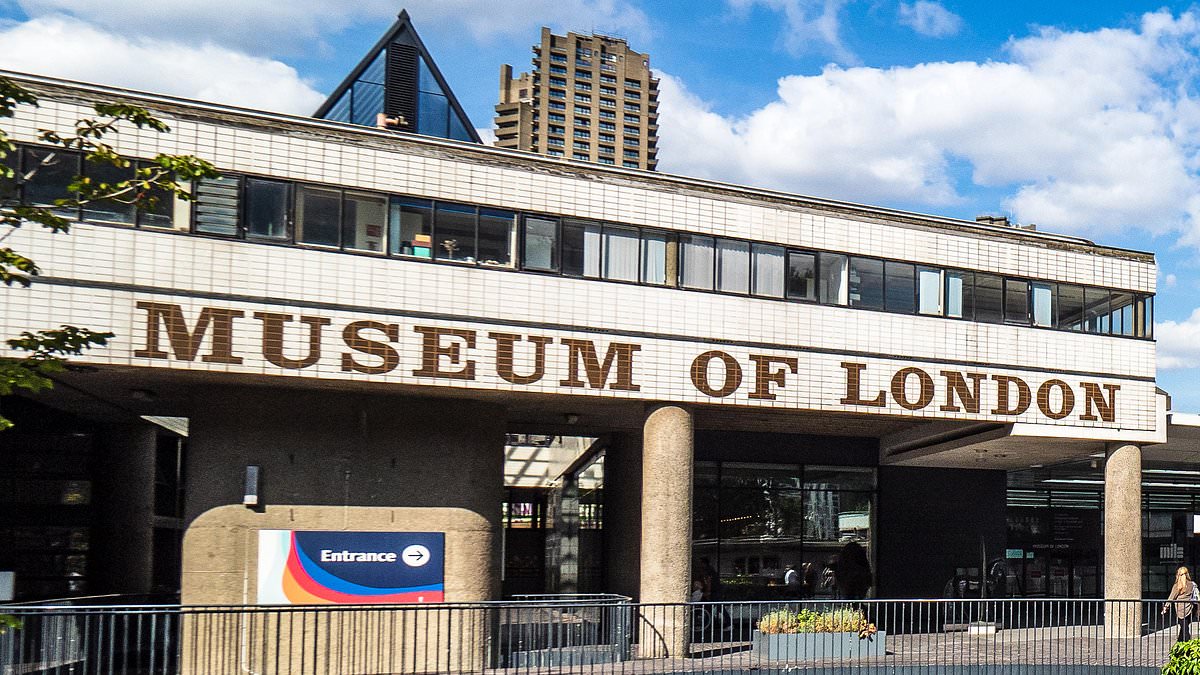The London Museum has urged staff to address the problem of ‘embedded whiteness’ as part of a diversity drive, it has emerged.
The publicly-funded museum focused on the history of London has reportedly created a leaflet to help staff to ‘challenge embedded whiteness’ in the workplace.
Staff have been told that the museum’s current ‘culture and ways of working’ supports ‘institutional forms of racism’ and must change.
To do this museum staff are reportedly told to ask themselves ‘how am I contributing to advancing race equity in my daily work?’ and ‘how will I know I am nurturing a safe space for everyone?’.
Another question asks: ‘Am I making space and time for important conversations about race equity? How are we continuing to challenge embedded whiteness?’
The museum has told staff that ‘whiteness’ is defined by ‘ideas, ways of working and normative values that can support, directly or indirectly, the continuation of racial inequalities and a lack or racial diversity in institutions’, according to the Telegraph.
To tackle this the museum has produced a ‘tool for culture change’ for staff as part of its equity, diversity and inclusion strategy that aims to make the attraction become ‘genuinely anti-racist’.
It reportedly consists of a series of questions which staff should ask themselves in order to ‘work differently’ and in a way that will ‘challenge inequity’.
The prompts to challenge ‘whiteness’ include asking whether they can ‘promote less hierarchical working’ and whether they ‘encourage everyone to bring their whole selves to work’.
It is not the first time the London Museum – which was rebranded from the Museum of London in 2024 – has caused controversy over its approach to diversity and equality.
In 2023, Dr Rebecca Redfern, a curator at the museum, produced research suggesting that racism in Medieval England may have contributed to black people dying of bubonic plague.
The research put forward the theory that ‘misogynoir’, sexist prejudice specifically against black women, created a risk of death by plague in 14th-century London.
The museum’s ‘tool for culture change’ was first produced in 2023 to support the museum’s plans to become more anti-racist following the Black Lives Matter protests in 2020.
Following the protests, a statue of slave owner Robert Milligan was removed from outside the London Museum Docklands site.
Since then the museum has committed to ensuring that its research output will touch on ‘the issues of diversity affecting our society, our collection and our own organisation’.
The Mail has contacted the museum for comment.
